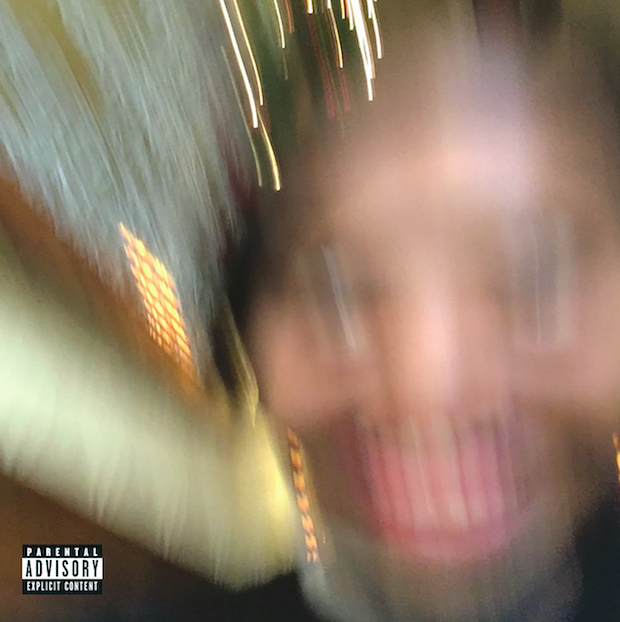ALBUM REVIEW: Earl Sweatshirt – Some Rap Songs

By John Spaulding
This is not the Earl we know from the age of Odd Future.
In the three-and-a-half years since Earl Sweatshirt’s last album, I Don’t Like Shit, I Don’t Go Outside: An Album by Earl Sweatshirt, Earl has been well out of the public eye. He has dropped the occasional single or feature, cancelled tour dates, and experienced the deaths of his father, his uncle, and his dear friend, Mac Miller. At this point, it’s common knowledge that the former Odd Future rapper is troubled. I Don’t Like Shit, I Don’t Go Outside was incredibly dark and provided an insight into Earl’s harsh time adjusting to fame as a teenager, dealing with addiction, and issues with friends and family. It spanned just 30 minutes, with many songs featuring extended instrumental outros, creating the impression that the ten tracks could have probably been condensed into a runtime closer to 20 minutes. On his new album, Some Rap Songs, Earl has continued to consolidate his songs, with 15 tracks across 25 minutes. The brevity of these tracks is reminiscent of the legendary Madvillainy, but much darker.
The instrumentals draw inspiration from jazz (samples include the Soul Children and Curtis Mayfield) and the lo-fi beats of J Dilla, and are all quite stellar. However great the instrumentals are, it’s the lyrics which stand out most. The lyrics paint a picture of Earl’s personal growth, the media’s misunderstanding of him, and his struggles with addiction: “Bad acid did damage to my mental / Show you right, it took some passages to get grown / They been called me savage from the get go,” and Earl’s reflection into his own lonesome state “See the ghost of where I was / Lonesome as I was.” These lyrics, paired with Earl’s deadpan delivery hit extremely hard and just listening to this album and reading the lyrics, it’s evident why Earl has been absent in recent years.
However, Earl’s growth as a person can be seen throughout the album. As a teenager, Earl did not have a good relationship with his parents. After releasing his debut mixtape, Earl, at just age 16, Earl’s mother sent him to a boarding school for troubled kids and, due to Earl still being a minor, blocked him from releasing any music, leading to the “Free Earl” movement. His father, Keorapetse Kgotsitsile, was a South African poet and activist, and did not live with Earl and his mother in Los Angeles. Earl’s relationship with his parents was poor, but, he has made efforts to improve it. Earl saw the threats and hardships that his mother endured from the “Free Earl” movement, and made efforts to reconcile their relationship. As for his father, he intended this album to help mend their relationship, spending time with him in South Africa. However, Earl’s father passed earlier this year, and never heard the album. “Playing Possum” features samples from both his parents, a testament to his growth and attempt to mend his relationship with them.
This album somehow finds itself being both difficult to listen to, due to its subject matter, and incredibly repeatable and accessible, due to just how great it sounds. Earl continues to be one of the most unique figures in hip-hop, and has further strengthened his already impressive catalogue. Each track on this album sounds like the best pieces of all his previous work, as if this album is the cumulation of “peak Earl.” He maintains the sharp delivery from his previous work, but comes off as less aggressive and more introspective than before. This is one of my favorite hip-hop albums in recent memory, and is well worth the wait.
“Riot!”, the closing track and one of only two tracks made after his father’s death, closes the album on a happier note. The instrumental track features a brighter sound, and is likely the only moment on the album to improve the listener’s mood. If the tracklist is at all a reflection of Earl’s personal growth over the years, we can leave the album with the hope that Earl is getting better and beginning to lead a happier life.